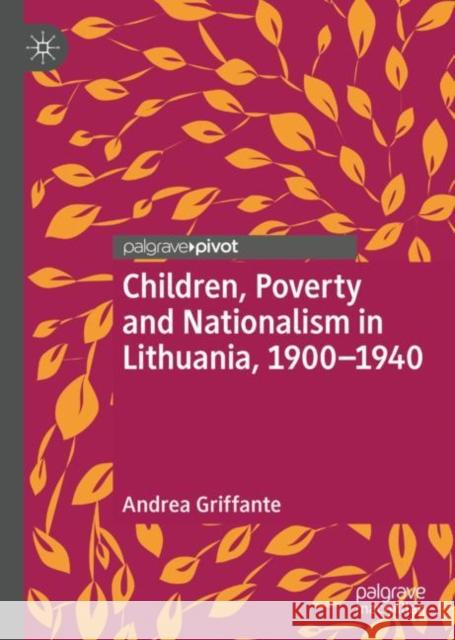Children, Poverty and Nationalism in Lithuania, 1900-1940 » książka
topmenu
Children, Poverty and Nationalism in Lithuania, 1900-1940
ISBN-13: 9783030308698 / Angielski / Twarda / 2019 / 148 str.
Kategorie BISAC:
Wydawca:
Palgrave Pivot
Język:
Angielski
ISBN-13:
9783030308698
Rok wydania:
2019
Wydanie:
2019
Ilość stron:
148
Waga:
0.34 kg
Wymiary:
21.01 x 14.81 x 1.12
Oprawa:
Twarda
Wolumenów:
01
Dodatkowe informacje:
Wydanie ilustrowane











